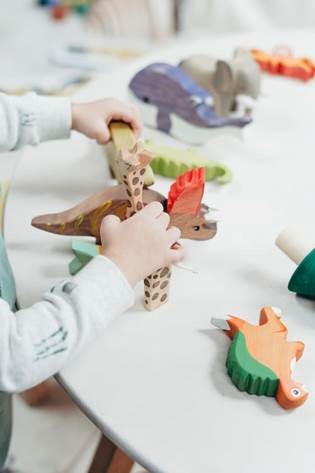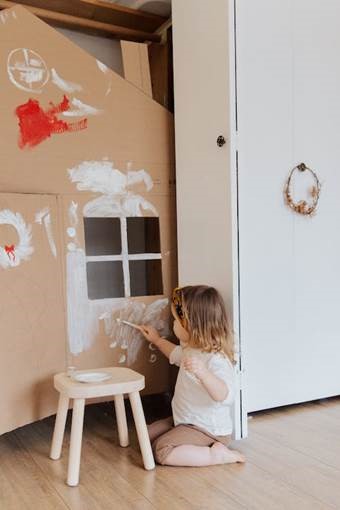Out of Home Care Therapeutic Support
DOMIA Mind Body Connect believes that people hold the knowledge and tools they require to heal and reach their full potential. Providing a relationship of safety, empathy, and trust you will be able to reflect, grow, and transform. By implementing a client centered, relationally focused, and strength-based approach, you will feel supported, accepted, and safe during therapy.
There are various approaches and theories that guide therapy and inform practice including the neurobiology of trauma, attachment theory, family systems theory, polyvagal theory, as well as play, sensory, and body-based interventions. At the heart of my practice is relational safety, with a focus on building resilience and upholding cultural sensitivity and curiousity. Your experience of therapy will be one that invites you to have a voice and choices in your healing journey.
I am a registered Counsellor through the Australian Counselling Association and have worked in the Out-of-Home Care (OOHC) and child protection system of NSW for over ten years. I have a wealth of experience of trauma healing practices as well as significant knowledge of the complexities and challenges faced by children, young people, carers, parents, and professionals who work or are engaged in the OOHC and child protection system.
Foster & Kinship Carer Coaching & Training
Over the years, I have walked alongside foster and kinship carers in various roles and understand the complexities of being a Carer. I have seen foster carers on different parts of their journey, and they often are unsure of exactly what they are signing up for, because fostering can be incredibly rewarding and fulfilling and there can be many challenges that impact carers in profound ways.
Foster/Kinship Carer Coaching is offered in the hope that carers can be provided a
- Safe space to feel heard, understood, and validated. As trust builds, carer coaching has been a useful space for carers to get things off their chest, talk about the wins, and explore the hardships.
- Free of judgement. Fostering is hard work, and it brings up a lot of emotions within us that are often conflicting and overwhelming. Carer coaching offers a space to talk freely without the worry of being misunderstood or judged. You can simply be yourself and know you will be accepted as you are.
- Deeper understanding of the trauma based- behaviours that children/young people may present with, what the underlying need is, and how to use trauma-responsive parenting.
Training and Workshops are also offered to increase awareness and skills for carers.

Supports for Professionals and Organisations
DOMIA Mind Body Connect offers supports for professionals working in the OOHC and Family Preservation space. These supports include training, workshops, and consultations regarding such topics as:
- The Neurobiology of Trauma & Healing
- Safe & Connected Family Time
- Therapeutic Transition Planning
- Care Teams: Working Together to hold Safety (A Trauma Lens)
I have capacity to come to your workplace and offer these training packages. I can also tailor training to organisational needs.

Therapy for Children & Young People
Children and Young People in the OOHC system of NSW are the most vulnerable children in the state. Therapy will provide children and young people a safe space to be their authentic selves, experiencing unconditional positive regard and acceptance. Children and young people will be given power, control, and a voice. Their healing journey will be influenced by self-determination, empowerment, and connection.
Therapy will incorporate bottom-up approaches and will be guided by a child’s developmental stage and trauma-based needs and behaviours. Therapy incorporates play and sensory based interventions that promote coregulation and mind, body connection. Trauma healing is holistic and understanding the child’s relational network, culture, identity, and story will assist in providing a strategic approach to therapy.
Important Note: It is expected that carers will be involved in the therapeutic process when children and young people are engaged in therapy. This looks like sessions with the carer either individually or dyadic. Working collaboratively with carers and other important people in the child’s support network is important, and attendance at care team meetings can be arranged.
